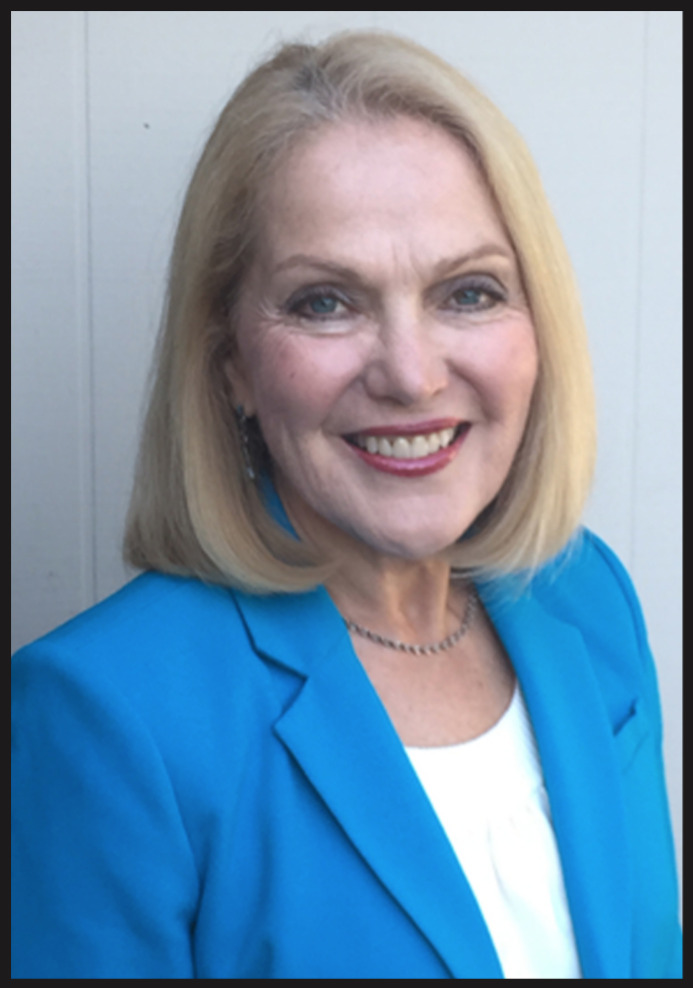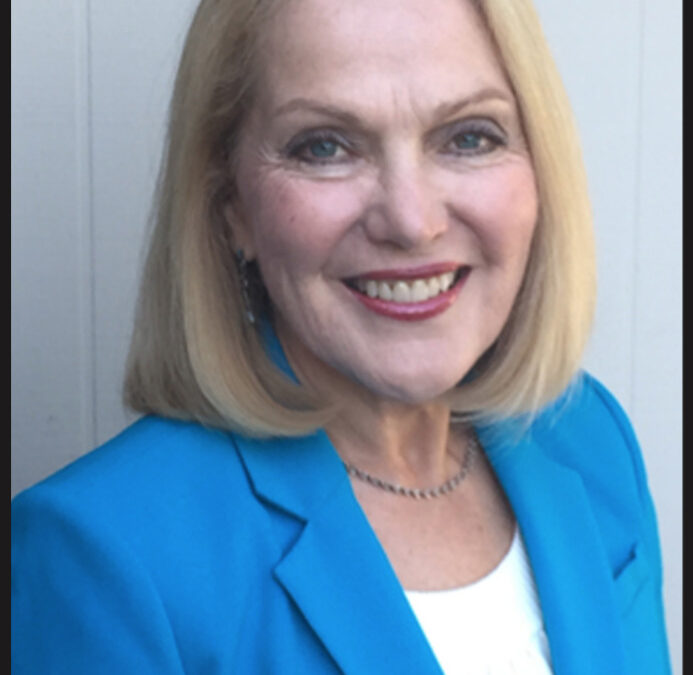 A Red Flag For Financial Advisors With Aging Clients
A Red Flag For Financial Advisors With Aging Clients
Hello there. I’m Carolyn Rosenblatt, RN, Attorney and family mediator for those with aging loved ones. My passion is working with older adults and their families, as well as those who serve them.
AgingInvestor.com is dedicated to helping those in the financial services industry learn more about aging from those of us with expertise in aging. Our purpose is to help you better serve your clients, keep your business as they age and serve them more competently as their aging begins to create issues for you.
Most of us, in general, do not have any specific knowledge about aging itself, much less how it can affect the brain and decision making ability. We base what we know on our family experience or what we have learned from friends. That’s fine, but it can really limit our perspective.
The fields of gerontology, medicine, healthcare, and other related disciplines have produced a great deal of research that can be helpful to all of us in a society where longevity is increasing so significantly. We are indeed in a changing environment when it comes to aging. Many of us are going to encounter or are already encountering issues with which we have no experience but which we have to face. Our parents, grandparents and our clients are living longer and having more problems related to aging. We may be unprepared.
If, for example, you are a financial advisor and you have many clients you’ve helped for decades, you may be caught unaware when one of them suddenly seems unable to keep track of what you are saying. Has this ever happened to you? Your client seems to forget information as soon as you give it to him. They call you a day after a conversation and seem to have no recall of your recent meeting or phone call. You ask them to sign something or review something and you do not get the normal response. With alarm, you realize that the person just doesn’t remember what you said.
Should you be concerned? Is this forgetfulness just a part of getting old?
Probably, memory loss of the persistent and repeated kind that you notice when you have contact with your client is a sign of a potential serious problem. It’s a red flag.
Memory loss can be the first warning sign of Alzheimer’s Disease, a brain destroying, progressive illness that will ultimately rob the person who has it of the ability to make competent decisions. Making decisions is an essential part of the client’s ability to relate to you and your ability to help the client.
If the concept of Alzheimer’s Disease is not clear to you, I recommend a look the the website of the Alzheimer’s Association, the ultimate resource for public information on this disease, which now affects 5.2 million people, most of them older adults. Some of them will inevitably be your clients if you are in the business long enough. Among the 10 warning signs you will note that memory loss that disrupts daily life is listed first.
In this blog, I will go through the rest of the warning signs and explain how they can interfere with your advisor-client relationship. More importantly, we will also discuss how to manage these problems.
In case you’re thinking “that’s the family’s problem, not mine” you’re wrong. Aging affects YOU and your transactions with your clients. You are held accountable not only by your regulatory agencies, but by heirs of your clients as well for doing things that should have been avoided in light of those red flags. If you don’t know what to look for, this is a good place to start getting the information to get a lot smarter about this topic.
You can get a quick free report, Ten Warning Signs Your Aging Parent Needs Help Handling Money by clicking HERE. That will give you some ideas that also apply to you in relating to your clients, not just aging parents. You can also find a blog on this subject here, at our other information site, AgingParents.com.
My husband and partner, Dr. Mikol Davis, is a psychologist with special expertise in dealing with aging people. We’re here to help you understand your aging clients better and to get more comfortable with what to do when age-related problems come up in working with them.
Until next time,
Carolyn Rosenblatt, RN, BSN, Attorney
AgingInvestor.com


